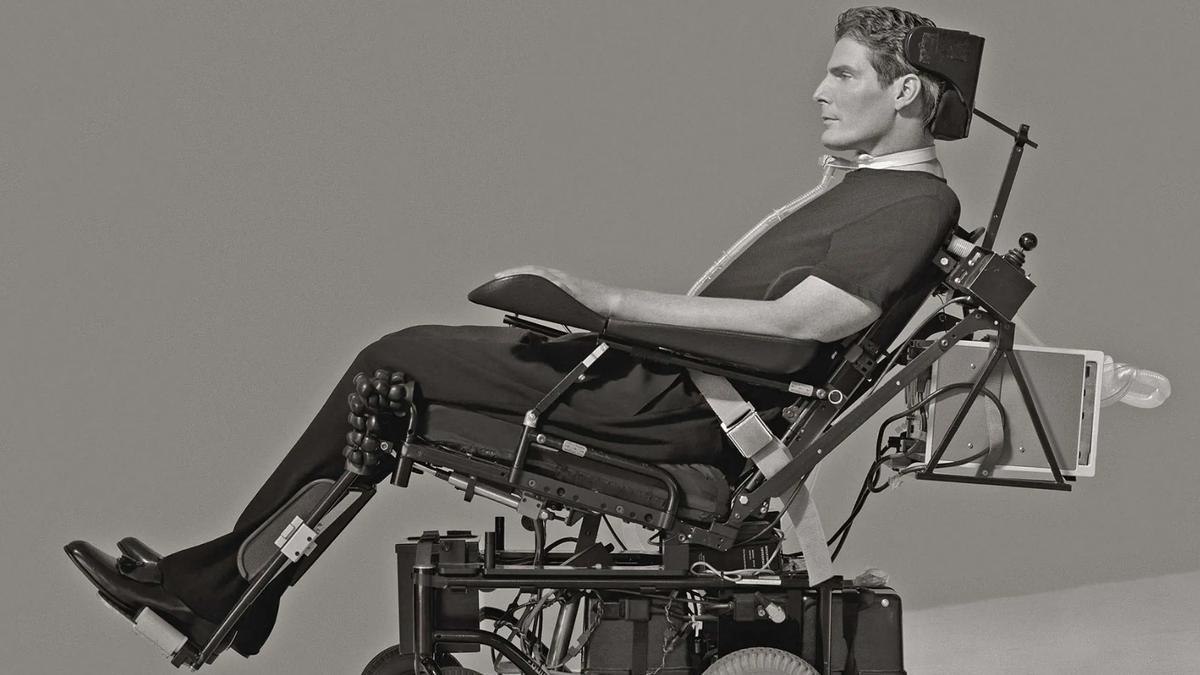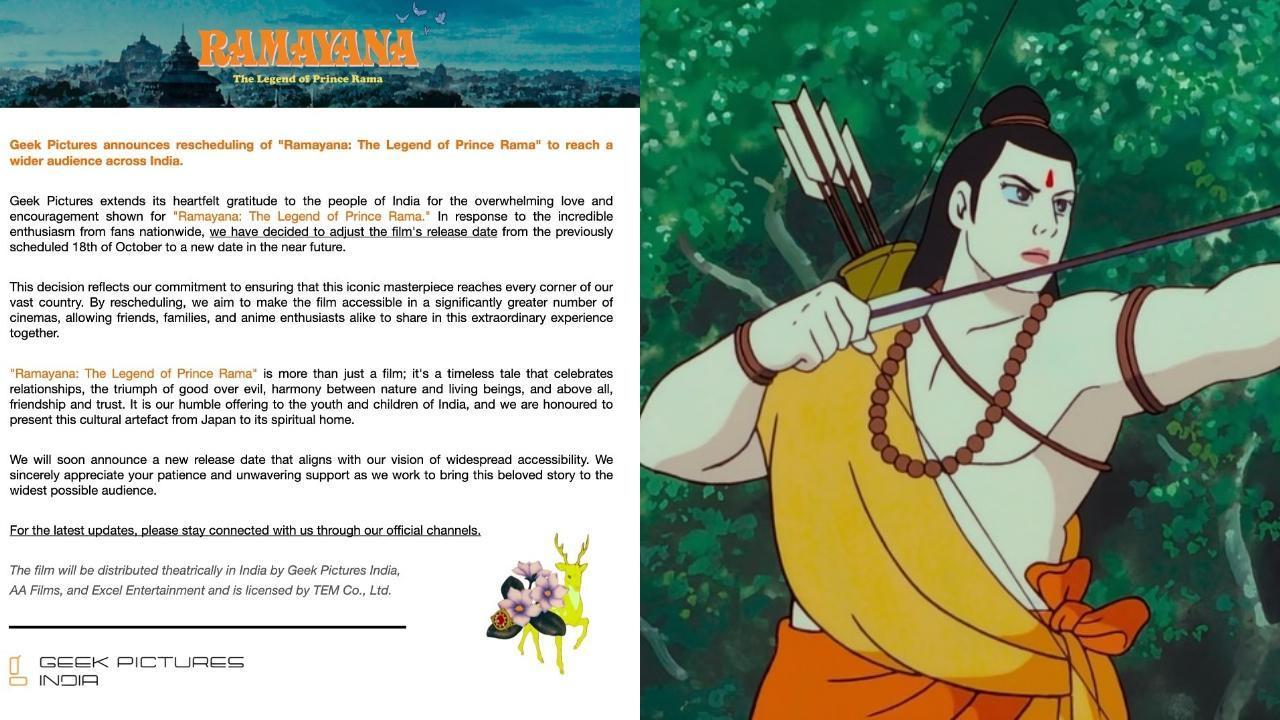
The recent HBO documentary about Christopher Reeve, directed by Ian Bonhôte and Peter Ettedgui, has peeled back the layers of the well-known superhero persona to reveal the true story of a man who was as multifaceted as the characters he played. Aptly titled “Super/Man: The Christopher Reeve Story,” this film is both a testament to the actor’s cultural impact and a profound exploration of the human spirit’s ability to endure and inspire in the face of overwhelming adversity.
It’s not uncommon for documentaries about public figures to fall into the trap of eulogizing their subjects in a way that strips away any semblance of their humanity. However, Bonhôte and Ettedgui’s narrative dexterity allows them to elevate the biographical genre to new heights. They carefully sidestep the pitfalls of conventional storytelling by weaving a narrative that not only chronicles the peaks of Reeve’s illustrious Hollywood career but also lays bare the depths of his struggles following the life-altering equestrian accident that left him paralyzed from the neck down.
The documentary opens with the majestic notes of John Williams’ iconic Superman theme, immediately immersing viewers in the nostalgia of Christopher Reeve’s 1978 portrayal of the Man of Steel. It is this nostalgia that Bonhôte and Ettedgui utilize as a powerful storytelling device, juxtaposing scenes from “Superman” and “Superman II” with archival footage and personal reflections from Reeve himself. This clever recontextualization challenges viewers to reconcile the invulnerability of Superman with the vulnerability of Reeve’s real-life struggles.
Christopher Reeve was not just an actor; he was a cultural icon whose image in a red cape was seared into the public consciousness. His double-dimpled, all-American charm and towering physique seemed to embody the very ideals of the superhero he portrayed. Yet, the documentary does not shy away from addressing the ironies and challenges that Reeve faced, particularly regarding his ambivalence towards being typecast as Superman. Despite his fame and fortune, Reeve tirelessly sought roles that would allow him to demonstrate his range as an actor. His pursuit of diverse roles highlighted his desire to break free from Hollywood’s superhero mould, providing a nuanced view of a man who longed to be seen as more than just the Man of Steel.
Following his tragic accident, the juxtaposition of Reeve’s previous on-screen invincibility with his newfound physical limitations became a point of poignant irony and cruel media scrutiny. Yet, the directors eschew turning Reeve into a mere symbol of tragedy.
. Instead, they paint a humanizing and balanced portrait, brought to life through Reeve’s own words. His recordings inject a sense of immediacy, allowing his voice to resonate with the audience as if he were sharing his story for the first time.
Crucial to the documentary’s emotional depth is its portrayal of Dana Reeve. While Christopher’s struggles were played out in the public eye, Dana’s steadfast support underlined her own heroism. Her role as caregiver, advocate, and loving partner was marked by resiliency and grace amidst adversity, and her story is artfully interwoven with that of her husband’s. Dana’s battle with terminal illness shortly after Christopher’s passing adds an additional layer of heartbreak and courage, underscoring the couple’s shared tenacity.
“Super/Man: The Christopher Reeve Story” is as much about overcoming personal tragedy as it is a chronicle of the actor’s tireless activism. The documentary meticulously details Reeve’s extensive efforts in advocating for spinal cord injury research, including the promotion of the Christopher and Dana Reeve Paralysis Act. This aspect of Reeve’s legacy is portrayed as a natural progression of his character, one that was emboldened by his accident rather than diminished.
Throughout the film, moments of introspection are interwoven with scenes of activism, painting a richly textured portrait of a man who transformed his public persona to champion a cause greater than himself. Perhaps most memorably, the narrative is interspersed with striking visuals, such as the motif of an obsidian statue of Reeve surrounded by fragments of green Kryptonite, symbolizing his fractured yet enduring spirit.
Ultimately, the documentary poses a profound argument — that Christopher Reeve’s greatest role was not one of Hollywood glamour, but one of human resilience and advocacy. As viewers, we are reminded that strength is not measured by physical prowess but by the courage to stand, even when the earth crumbles beneath one’s feet. “Super/Man: The Christopher Reeve Story” is a testament to this enduring spirit, a compelling celebration of a life defined not by tragedy, but by triumph. Currently showing in theaters, this film is a must-see for both admirers of Reeve’s work and those seeking a deeper understanding of true heroism.










